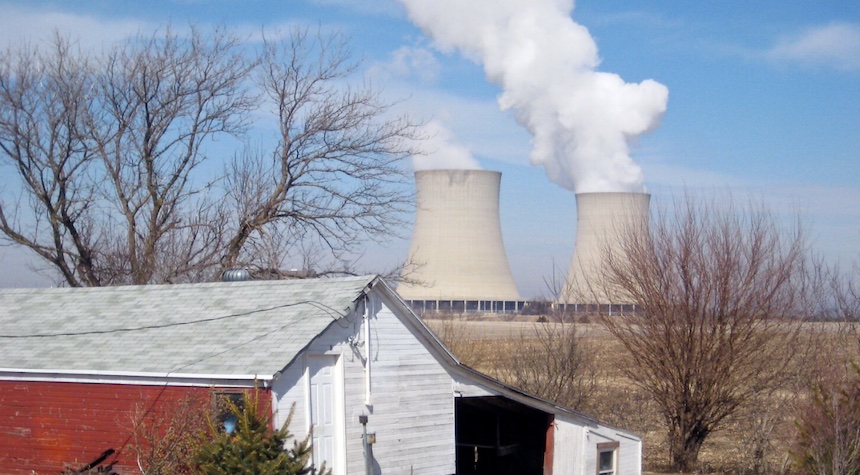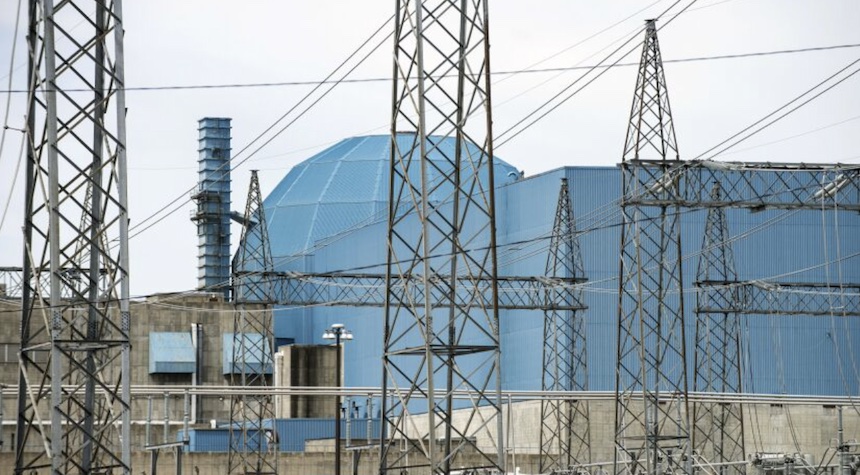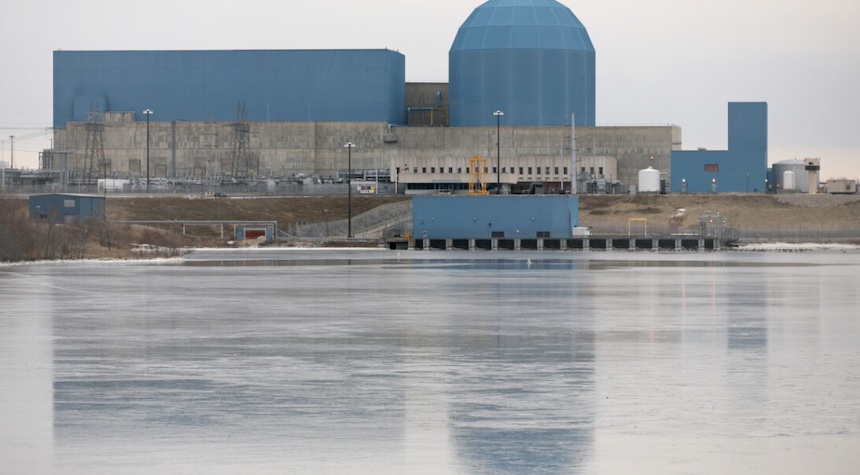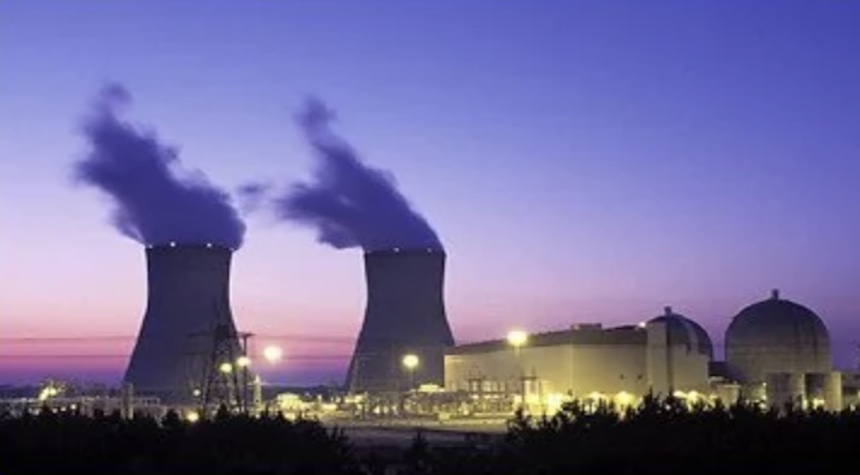Under the old Stagg field stands at the University of Chicago, on December 2, 1942, a controlled, self-sustaining nuclear chain reaction began. Illinois is the birthplace of nuclear energy.
After a 40-year ban on the construction of new nuclear power plants in Illinois, they will now allow nuclear power generators to be built. It won’t, however, be the huge power plants such as the boiling water reactors in Dresden and Clinton. Small modular reactors, a new technology, would be used to generate power.
SMRs could power approximately 45,000 homes. The technology, when combined with a network, could power a medium-sized town.

Illinois Governor J.B. Pritzker, who had earlier vetoed similar legislation, signed the amended bill on Friday. The language was not specific enough to stop the large-scale reactors the left feared.
The environmentalists also aren’t happy with the small reactors.
Chicago Tribune:
Pritzker’s measure, which he signed on Friday, was the culmination of negotiations among lawmakers from both parties, unions, manufacturers, and environmental groups. By limiting the size and number of new nuclear reactors to a federally defined “small modular reactor,” the state is aligned with the federal definition.

Experts who spoke to the Tribune in the summer stated that a number of factors, including economic factors and federal policy decisions will ultimately determine whether or not a nuclear power boom occurs in Illinois or anywhere else in the U.S.
The Tribune reported at the time that “no one is waiting to build a nuclear plant as soon the law changes.” Robert Rosner was a theoretical physicist at the University of Chicago and the founding co-director of its Energy Policy Institute.
A spokesperson for Constellation Energy said that the company, which operates eleven nuclear reactors in six plants and provides about half the power in Illinois, is interested in new technology but has “no plans” to build any new nuclear plants.

The sad truth is that the environmentalists made the regulatory system so burdensome for anyone wanting to build a nuclear plant that the economics don’t even make sense. They have never stopped fighting to stop nuclear power.
Associated Press:
Pritzker vetoed the Illinois proposal last spring, which was similar to one that had been approved by a large majority of lawmakers. The Illinois proposal adds a risk study of the new nuclear technology, and a state agency is in charge of overseeing the project. These issues were missing from the original.

Environmentalists claim that solar and wind power can replace fossil fuels. Supporters of the law note that state subsidies are needed to keep the two unprofitable nukes in operation in order to meet the energy needs.
It remains to be determined if the lifting of the ban on nuclear power generators makes any difference. There will always be left-wing activists, protests, and lawsuits wherever a nuclear power plant is planned.


